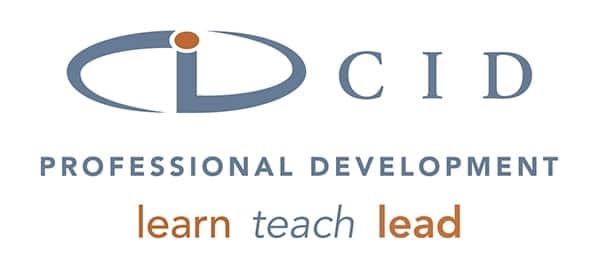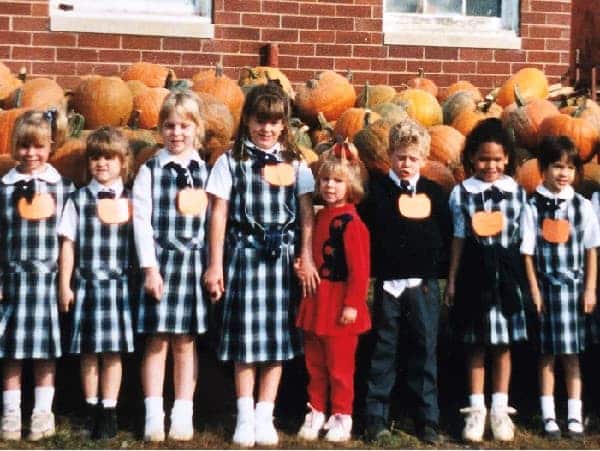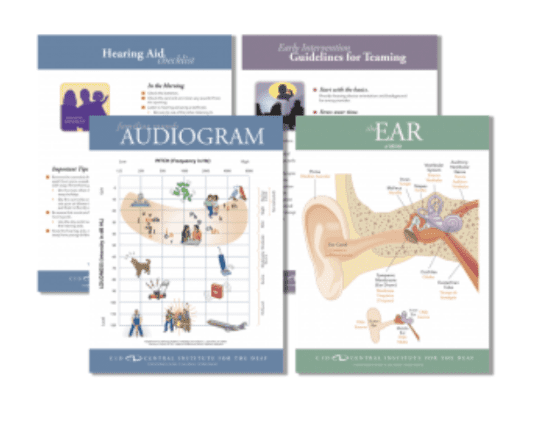In honor of May being Better Hearing and Speech Month, we are highlighting Sam Kesteloot, CID’s audiology extern. Sam spent the past year working in our audiology department and was an invaluable resource to our school and students. Because Sam herself has hearing loss, she provided an added layer of support to the staff, students and families at CID.
Here is part one of a series that tells her and her family’s journey with hearing loss.
Q: When were you diagnosed with hearing loss?
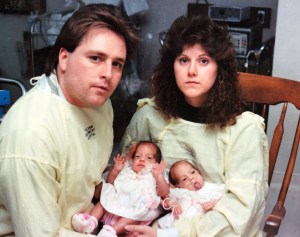
Q: What services did you receive?
A: As soon as I received my diagnosis, my parents sought out audiological care and educational services. It was not an option to not wear my hearing aids. They were in my ears from the moment I woke up until bath and bedtime. I attended a center-based special education preschool for a year that included intensive speech therapy services. I was mainstreamed with supports in place for kindergarten.
Q: When you transitioned to a mainstream setting, what were your biggest challenges academically and socially?
A: Looking back, my biggest overall academic challenge was the amount of effort I had to put into listening in order to keep up with information presented orally. Specific academic situations that were challenging included: difficulty with the auditory portions of Spanish, learning through computer headphones and completing worksheets based on educational movies.
Socially, I always played catch-up and felt isolated. Even with well-developed coping strategies, appropriate accommodations and an intrinsic motivation to keep-up with conversations, I couldn’t. The ping pong of social banter was (and still is) too quick to follow. I rarely heard jokes the first time and had to ask for repetition, but the punchline isn’t as funny the second time around. People lose their patience easily despite their best intentions. I also cannot hear people from behind, so when someone would try to get my attention in the hallway, it would appear as if I was ignoring them. This led some people to think I was a snob, which devasted me because it is not who I am at all.
I also had many successes socially. I was involved in student government and cheerleading and had many friends.
Q: What supports put into place were the most helpful to you? Are there supports that would have been helpful that were not implemented?
A: The supports I had in place through my mainstream education included:
- Services from a teacher of the deaf
- Audiology services
- Use of an FM system
- Speech-language therapy
- Preferential seating
- Repetition of directions
- Closed captioning
- Written notes for auditory-only lectures
- Notetakers
- Group work was able to be completed in a quiet setting
- Tests could be completed in a separate setting if needed
What is often overlooked when it comes to supporting students with hearing loss is the emotional aspect. It would have been great to have more emotional support to help me work through tough issues. My parents were very supportive and strong advocates for my rights, but I wish we would have had open conversations when I was younger about the weight of having hearing loss. I think having successful adult mentors and role models with hearing loss is also incredibly powerful and something I didn’t have. I did not have any peers with hearing loss until my senior year in high school, and it was disheartening to not have any other peers to relate to.
————————
Thank you, Sam, for sharing part of your journey with us! Please continue to follow CID’s upcoming blog posts to learn about when Sam knew she wanted to become an audiologist, her experience of receiving a cochlear implant and advice that she has for students who are deaf and hard of hearing.
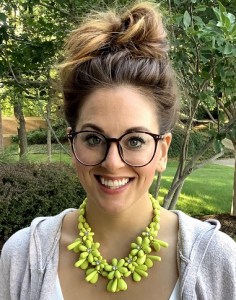
Sam Kesteloot, AuD, received her doctoral degree in audiology from Wayne State University. She recently completed her externship at CID- Central Institute for the Deaf and has accepted a position as an audiologist in the Trenton School District in Michigan.
Interview conducted by Jessica Klein, MS, CCC-SLP
